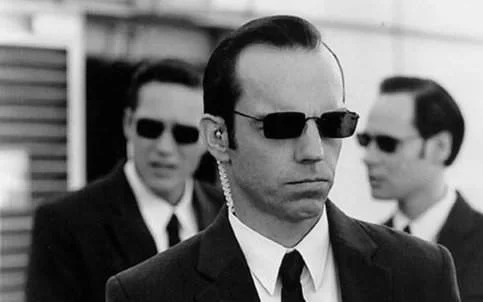A prominent WikiLeaks supporter is suing the U.S. government for unlawfully seizing and copying the contents of his laptop at an international airport after returning from Mexico.
“The computer is like an extension of my mind,” David House told the WaPost.

“It is my notes, my writing, locations I’ve been.”
House – co-founder of a Bradley Manning advocacy group – said he was targeted by the DHS because of his support for the soldier, who stands accused of stealing and disseminating classified information.
“All these people working for the Manning Support Network, all of a sudden their names are in the open, and that is most worrisome.”
Indeed, the laptop – which was held for a total of 49 days – contained personal/work e-mails, passwords, lists of potential donors and confidential messages from the Bradley Manning Support Network.
The American Civil Liberties Union has expressed concern over the seizure, as it believes the government lacked a crime and a “border-related” justification to search House’s laptop which contained a significant amount of personal data.
David Cole, a law professor at George Washington University, seemed to concur with ACLU’s assessment.
“[If the government seized the laptop not for] valid customs law enforcement purposes, but rather to get intelligence about protected political associations or as a way of avoiding the requirements of criminal law searches, then it seems to me they’re abusing the border search exception for purposes it was never designed to serve.”
But Paul Rosenzweig, a former senior DHS policy official, emphasized the Supreme Court had previously ruled that “searches made at the border… are reasonable simply by virtue of the fact that they occur at the border.”
“It’s absolutely clear that if you were carrying around your Rolodex in your briefcase across the border, the government can take it, photocopy it and give it back to you without probable cause or a reasonable suspicion,” he added.






